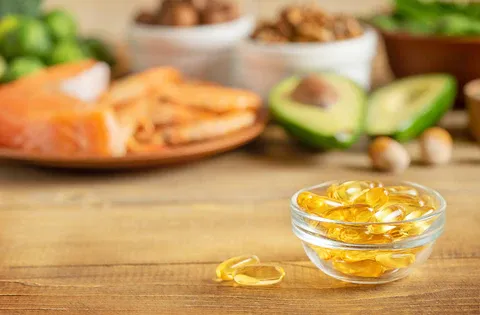
Drown in Too Much Goodness? The Shocking Truth about Overhydration
- Aug 23, 2024
It sounds bizarre, doesn't it? Consuming too much water - the elixir of life itself, can sling you into a health disaster? Welcome to the strangely intriguing world of "Overhydration." Yes, you read that right. Drinking more water than your body can handle disrupts your delicate electrolyte balance, essential for heart rhythm, blood health, and muscle function.
When you power-chug those water bottles in the name of health, you wield a double-edged sword. If you cross the thin line into Overhydration Land, you may have to ease up on your water guzzling for several days, pop pills to boost urination, or in extreme cases, earn a hospital vacation for fluid and electrolyte rebalancing.
Confused? We got you. The National Academy of Medicine says that you should be drinking 9 to 13 cups of H2O each day. That's about 2.1-3 liters. But mind you, this varies. Kids need less, adults more and people with chronic illnesses may have to tailor their water-consumption habits to their health's requirements.
Rapid-fire gulping of water can also land you in hot water. It's comparable to your kidneys running a marathon they didn't sign up for, potentially leading to water intoxication. The signs are vague and could be indicators of a plethora of conditions. There's no cookie-cutter 'excess water' guideline, but your kidneys will throw the white flag when not able to effectively remove excess water from the body, messing up your electrolyte balance.
For all you healthy adults, don't sweat. It's challenging to OD on water accidentally unless you are an endurance athlete or have certain health conditions. Clues to finding out if you're wading into the danger zone? Check your pee color. Pale yellow is the sweet spot indicating adequate hydration without overdoing it. Clear pee could signal overhydration.
Severe overhydration zooms into water toxicity or dilutional hyponatremia, a grand name for "we didn't expel enough water, and now there's trouble". Alongside these, remember that food provides water too so factor in those juicy fruits and veggies.
Unchecked overhydration can snowball into water intoxication. This is where the party really goes downhill. Too much water busts up your nervous system, causing a disruption in brain function because of your body's severely depleted sodium level. This messes up critical functions such as blood pressure regulation and muscle movement.
Overhydration treatment starts with limiting your water intake, coupled with possible medication to increase the body's water expulsion. Your doctor might recommend limiting sodium intake or replacing sodium depending on your specific condition.
In terms of prevention, know your body, tune into its signals, and manage your water intake responsibly. There's no one-size-fits-all quantity. Regular monitoring and a sensible approach will keep you ahead and well-hydrated without hitting the overhydration skid.
Remember that drinking enough water is like hitting the bullseye, but going overboard is like hitting the bystander. A balanced approach to hydration, backed with consistent monitoring, is your safest bet.






